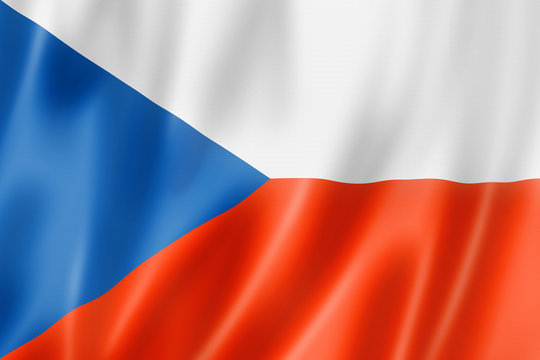Bulgaria has slowly but surely become a popular place for businesspeople and investors looking for chances in the EU. The nation is a good place for business immigration since it is in a good position in Southeast Europe, has a cheap cost of living, a simple tax system, and access to EU markets. Bulgaria has clear laws that make it easy for foreigners to live and work in the country for commercial reasons, whether they are starting a new firm, growing an old one, or investing in local businesses.

Why Bulgaria is a good place to do business
One of the main reasons business owners look at Bulgaria is that its corporate income tax rate is just 10%, which is one of the lowest in the EU. This tax-friendly climate also applies to personal income taxes and dividends, which are likewise taxed at 10%. Bulgaria has low taxes, low labour costs, an educated workforce, and infrastructure that is becoming better all the time. As a member of the EU, the nation has access to a single market of more than 400 million customers. The Bulgarian Lev, which is not a euro currency, helps keep costs down.
Bulgaria also has bilateral agreements with a number of other nations that safeguard international investments. These agreements assist make sure that enterprises held by people from other countries are handled properly and aren’t unfairly taken away or discriminated against. These financial advantages make Bulgaria a good place for foreign company to go and maybe even earn money.
How to start a business as a foreigner
It is permissible for foreigners, including those who are not citizens of the EU, to start and run enterprises in Bulgaria. The limited liability company (OOD or EOOD for single ownership) is the most prevalent kind of business structure. It is easy to set up and protects your personal assets. To set up an OOD, you usually just need a little amount of share capital, such BGN 2 (about 1 euro). The procedure can usually be done in a few days.
After the firm is up and running, the owner may apply for a long-term residence visa since they are a director or stakeholder in the company. The firm must exhibit real economic activity, such hiring Bulgarians or helping the local economy by providing goods or services, in order to qualify. Just starting a business without doing anything with it won’t make you eligible for residency.
Business activity as a way to get a residence permit
The person who wants to live in Bulgaria must first get a Type D long-stay visa from a Bulgarian consulate in their native country. They may now enter Bulgaria and apply for temporary residency at the local Migration Directorate since their visa has been accepted. The permit is usually good for one year and may be renewed every year as long as the company is open and follows Bulgarian rules.
One of the most typical ways to get a business-related residency is to start a firm that employs at least 10 full-time Bulgarians or EU citizens. This methodology shows how the firm helps the local economy and makes the applicant’s case for residency much stronger. Entrepreneurs that achieve this condition have a smoother road not just to living in the country but also to living there for a long time and permanently.
Opportunities for investment and starting a business
Bulgaria wants foreign direct investment in areas including tourism, agriculture, information technology, manufacturing, and renewable energy. The government helps new, creative businesses via a number of initiatives and financing options. Some of them are funded by EU development grants. Tech entrepreneurs are especially interested in Bulgaria’s growing startup environment, which has coworking spaces, mentoring, and networking events in Sofia and Plovdiv.
Bulgaria used to have an Immigrant Investor Program for those with a lot of money. It let them get permanent residence and even citizenship quickly. The nation still appreciates large foreign investment, particularly projects that generate employment or provide technical progress, even if this program has been changed and largely put on hold in the last several years.
You can also view these posts;
Preparing for the immigration interview in Russia
Norway immigration quotas and caps – what you need to know
Language barriers and language learning in Greece

